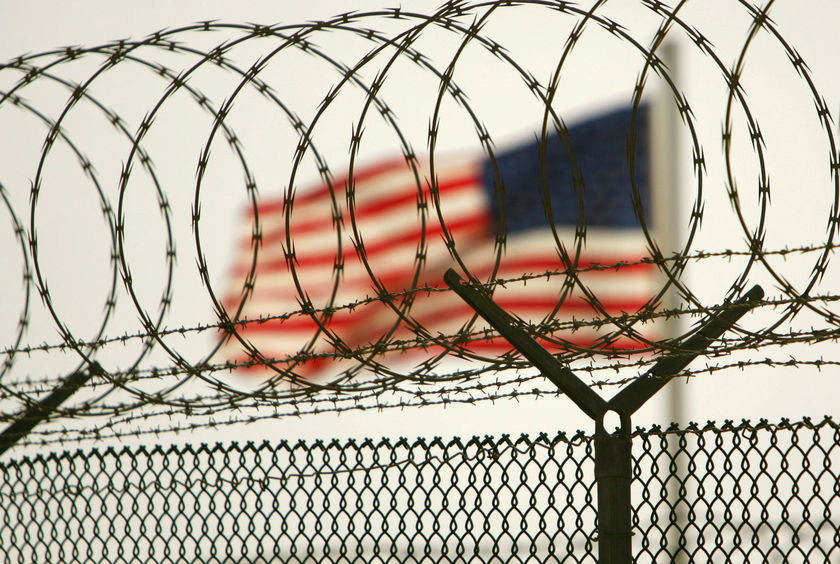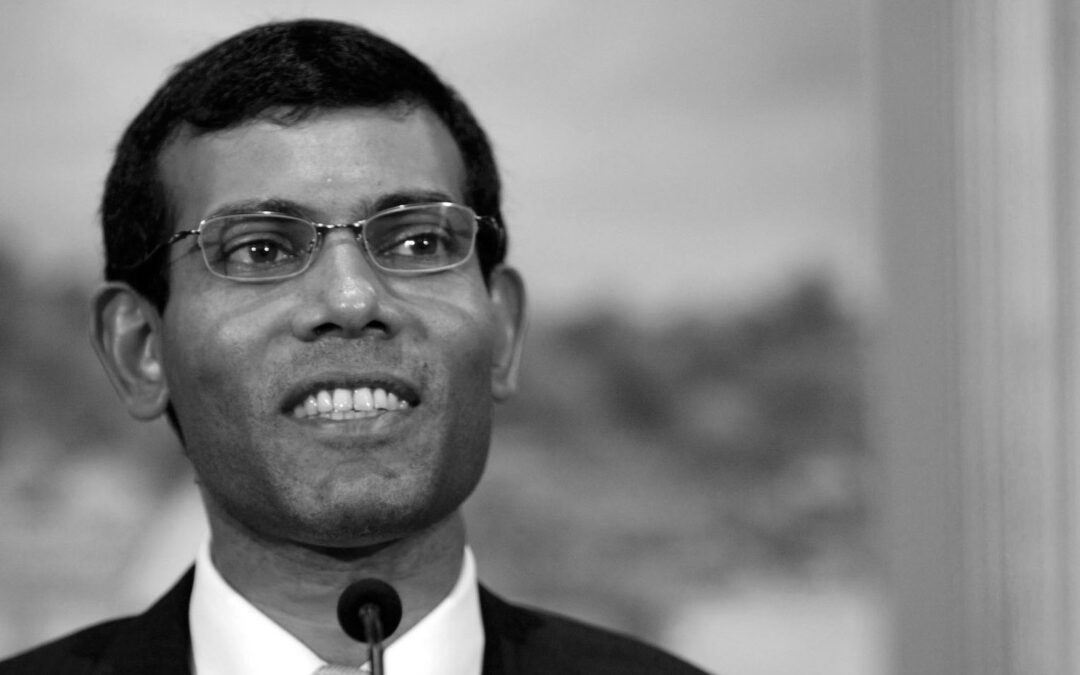
Sep 14, 2015 | Advocacy, Non-legal submissions
In advance of the UN Human Rights Council’s adoption of the outcome of its review of the Maldives’ human rights record as part of the Universal Periodic Review (UPR) process, the ICJ has submitted a written statement.
It highlights the Maldives’ failure to accept and implement a number of member states’ UPR recommendations.
In particular, the ICJ pointed out the urgent need for Maldives to accept and implement recommendations regarding the following issues, among others:
- Strengthening the independence and impartiality of the judiciary;
- Strengthening the independence and impartiality of the Judicial Service Commission;
- Strengthening the National Human Rights Commission, in accordance with the Paris Principles;
- Strengthening women’s representation in the judicial profession;
- Immediately releasing former president Mohamed Nasheed and other political prisoners, and ensuring the fairness of any further legal proceedings in such cases; and
- Safeguarding freedom of expression and media, association and peaceful assembly by investigating cases of human rights abuse and violations against journalists, civil society and human rights defenders, and taking effective measures to prevent further abuses
The Council will consider member states’ UPR recommendations for the Maldives during its 30th session on 24 September 2015, ahead of which the Maldives government will be expected to formally respond and indicate which of the recommendations it will commit to implement.
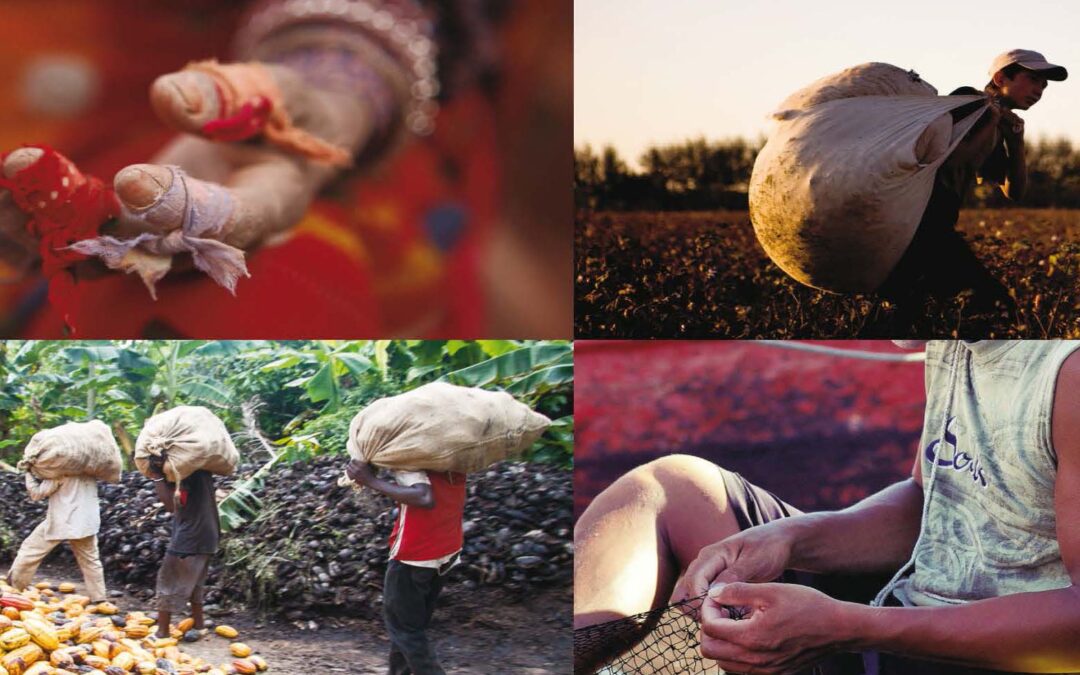
Sep 14, 2015 | Events, News
This side event will be held on Wednesday 16 September 2015, 12h00 – 14h00, at the Palais des Nations, Conference Room XXI, in Geneva.
It will assess the most effective strategies and recommend concrete measures for States, businesses and other stakeholders to prevent and eradicate contemporary forms of slavery from supply chains and to provide assistance and redress to victims.
It will also identify key challenges and opportunities in addressing slavery and slavery-like practices in supply chains, including in terms of the legal standards, policy measures, institutional framework, and implementation.
The speakers will also discuss opportunities for contemporary forms of slavery eradication within the 2030 Agenda for Sustainable Development framework.
Universal-HRCEnding contemporary forms of slavery in supply chains-Event-Agenda-2015-ENG (full agenda, in PDF)
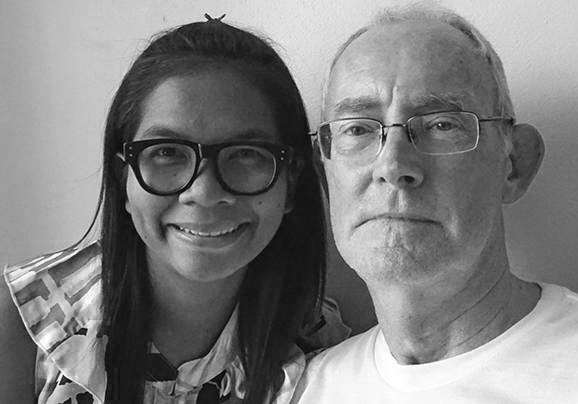
Sep 1, 2015 | News
The Thai government must end proceedings against two journalists who were today acquitted of charges of defaming the Royal Thai Navy and immediately repeal the country’s criminal defamation laws, the ICJ said today.
The two journalists with the Phuketwan online news outlet, Alan Morison and Chutima Sidasathian, were charged with criminal defamation under the Thai Criminal Code and violation of Article 14(1) of the Computer Crimes Act.
“Today’s verdict affirms the right of journalists in Thailand to freely express their views, even if – especially if – they sometimes have to criticize public authorities when it is in the public interest to do so,” said Kingsley Abbott, ICJ International Legal Adviser for Southeast Asia, who observed the proceedings.
“The verdict today is a relief not only for the two brave journalists who could have faced jail sentences for doing their job, but also for other journalists in Thailand who followed this case with anxiety about potentially significant new restrictions on their ability to work,” he added.
The prosecution now has 30 days to appeal the verdict.
“The charges against these two journalists generated severe international criticism for Thailand and harmed the country’s reputation more than any article in Phuketwan,” said Abbott. “The prosecution should take heed of this verdict and drop the case without further appeal.”
The Royal Thai Navy had complained that the journalists defamed it when, on 17 July 2013, the journalists reproduced a paragraph from a Pulitzer prize-winning Reuters article that alleged “Thai naval forces” were complicit in human trafficking.
In a decision read out today at the Phuket Provincial Court, with respect to the charges of criminal defamation, the Judge held that the journalists had reproduced information from a news source, Reuters, that they believed to be reliable.
Regarding the charges under the Computer Crimes Act, the Judge found that the information that was published was not “false computer data” and was not information that could “cause damage” to national security which are elements of Article 14(1).
The Judge also noted that the Computer Crimes Act was not intended to cover allegations of defamation.
“Thailand must repeal its criminal defamation laws in recognition that criminal penalties are a disproportionate means to address reputational damage,” Abbott added.
“Thailand should also reform the Computer Crimes Act to more precisely define that its purpose and scope is not intended to place limitations on freedom of expression.”
Background
Article 19 of the International Covenant on Civil and Political Rights (ICCPR), to which Thailand is a State Party, guarantees the right to freedom of expression, which includes the right to impart information.
The UN Human Rights Committee, which monitors State compliance with the ICCPR, has expressed its concern at the misuse of defamation laws to criminalize freedom of expression and has said that such laws should never be used when expression is made without malice and in the public interest.
It has also clarified that imprisonment is never an appropriate penalty for defamation.
The ICJ, the Human Rights Committee, the UN Special Rapporteur on freedom of opinion and expression and other international human rights bodies and an increasing number of governments believe that criminal defamation laws should be abolished. Such laws are incompatible with the right to freedom of expression.
Criminal penalties are a disproportionate means to protect against reputational harm and pose an impermissibly severe impediment to the exercise of free expression.
Thailand was criticized in May 2014 when the United Nations Committee against Torture expressed its concern “at the numerous and consistent allegations of serious acts of reprisals and threats against human rights defenders, journalists, community leaders and their relatives, including verbal and physical attacks, enforced disappearances and extrajudicial killings, as well as by the lack of information provided on any investigations into such allegations.”
The Committee recommended that Thailand “should take all the necessary measures to: (a) put an immediate halt to harassment and attacks against human rights defenders, journalists and community leaders; and (b) systematically investigate all reported instances of intimidation, harassment and attacks with a view to prosecuting and punishing perpetrators, and guarantee effective remedies to victims and their families.”
Read also:
The Phuketwan trial: an insidious prosecution of free expression
Contact:
Kingsley Abbott, ICJ International Legal Adviser, (Bangkok), t:+66 944701345, e: kingsley.abbott(a)icj.org
Thailand-Phuketwan trial-News-Press releases-2015-THA (full text in PDF, Thai version)
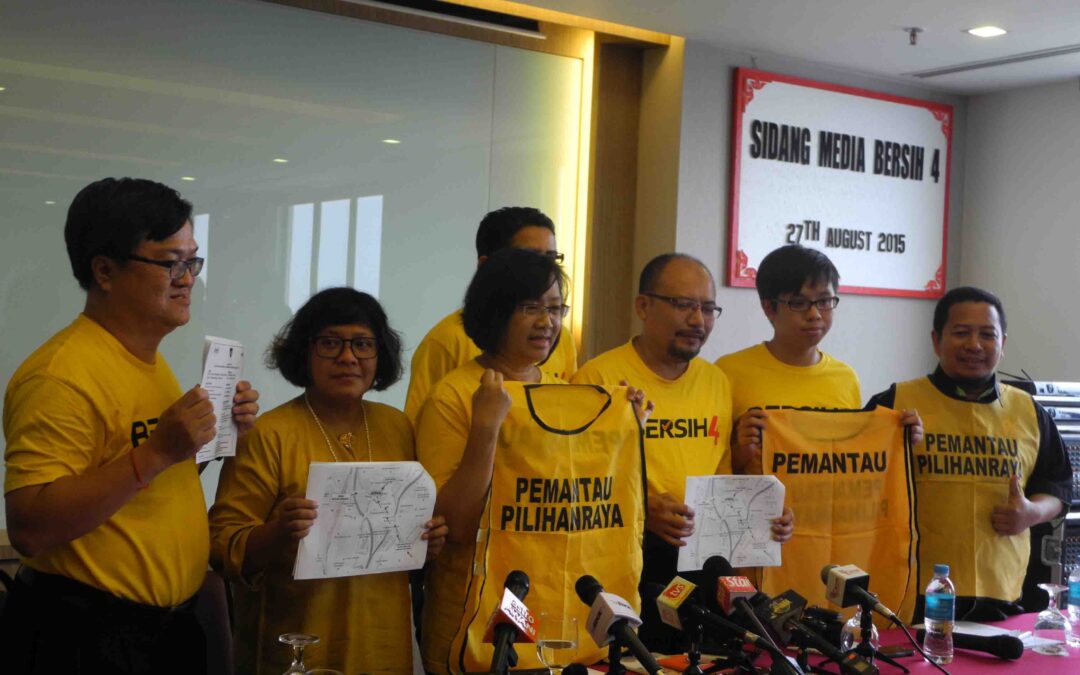
Aug 28, 2015 | News
The Malaysian authorities must take effective measures to actively protect the rights of participants at the Bersih 4.0 rally in Kuala Lumpur this weekend, and ensure that the rally takes place without violent obstruction by counter demonstrators, said the ICJ today.
On 29 and 30 August, BERSIH 2.0, a coalition formed in 2005 to push for electoral reforms in Malaysia, will be organizing a 34-hour public assembly to address allegations of corruption against the Malaysian Prime Minister. The public assembly is commonly called Bersih 4.0.
The Malaysian government has declared the rally illegal and the Malaysian Communications and Multimedia Commission has decided to block websites that are spreading information about the Bersih 4.0 rally, claiming that they are a threat to national stability.
“Under international law, the Malaysian government has the positive obligation to create an enabling environment and to facilitate the exercise of the right to free expression and free assembly,” said Sam Zarifi, ICJ’s Regional Director on Asia and the Pacific.
“Instead of respecting these rights, the government’s actions such as declaring the protest illegal and blocking information on the internet, are likely to enflame the situation and are in violation of Malaysian law and international standards,” he added.
International law and standards, including the Universal Declaration of Human Rights guarantee the right to freedom of peaceful assembly and the right to seek, receive and impart information, which is also an essential element of the right to freedom of expression.
Furthermore, the UN Special Rapporteur on the right to freedom of peaceful assembly and association highlighted the important role of the internet as a basic tool for individuals to organize peaceful assemblies, and emphasized that governments must ensure access to the Internet at all times, including during times of unrest.
Any determination on what website content should be blocked must be undertaken by a competent judicial authority or a body that is independent of any political, commercial, or other unwarranted influences.
“The Malaysian authorities must ensure that the people of Malaysia are able to exercise their right to peacefully assemble and to freely express their opinion, including regarding matters of good governance and democracy,” Zarifi said.
“The job of the police is not to dispel the protesters, but rather to ensure their protection – such as from possible violence from counter demonstrators.”
Contact:
Sam Zarifi, ICJ’s Regional Director on Asia and the Pacific, t: +668 0781 9002 ; e: sam.zarifi(a)icj.org



